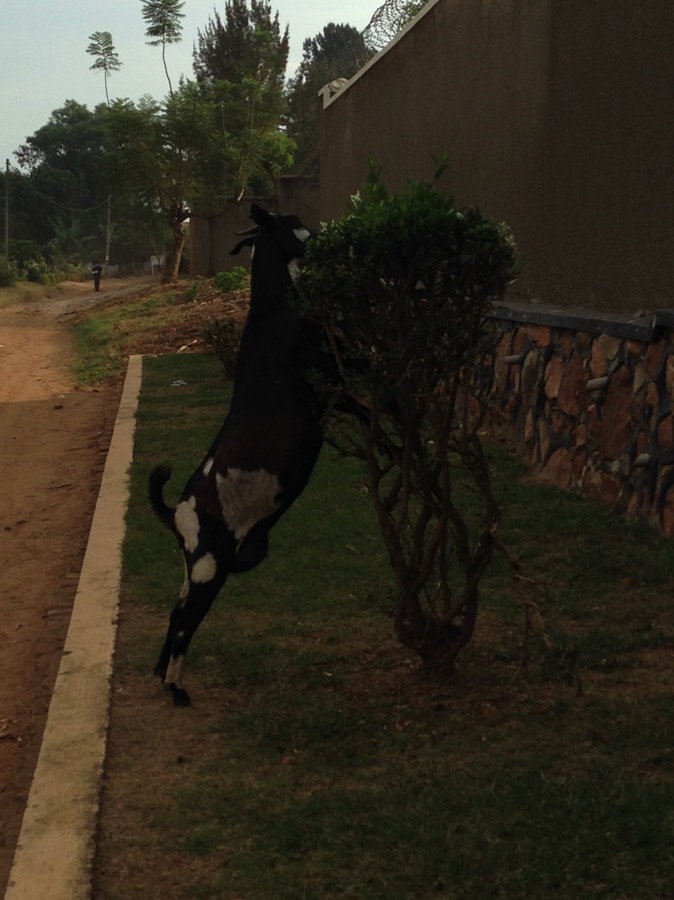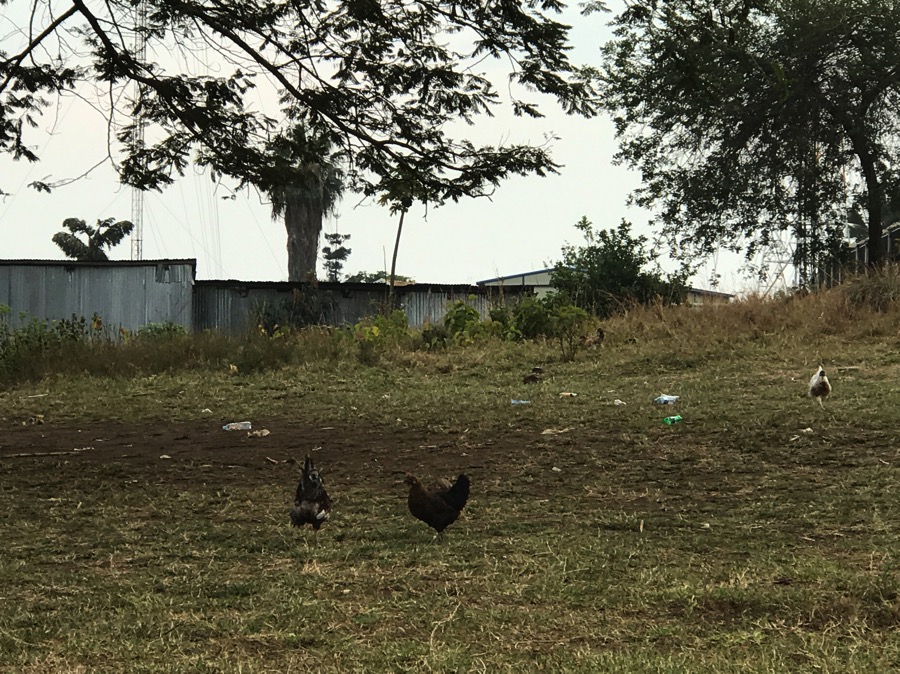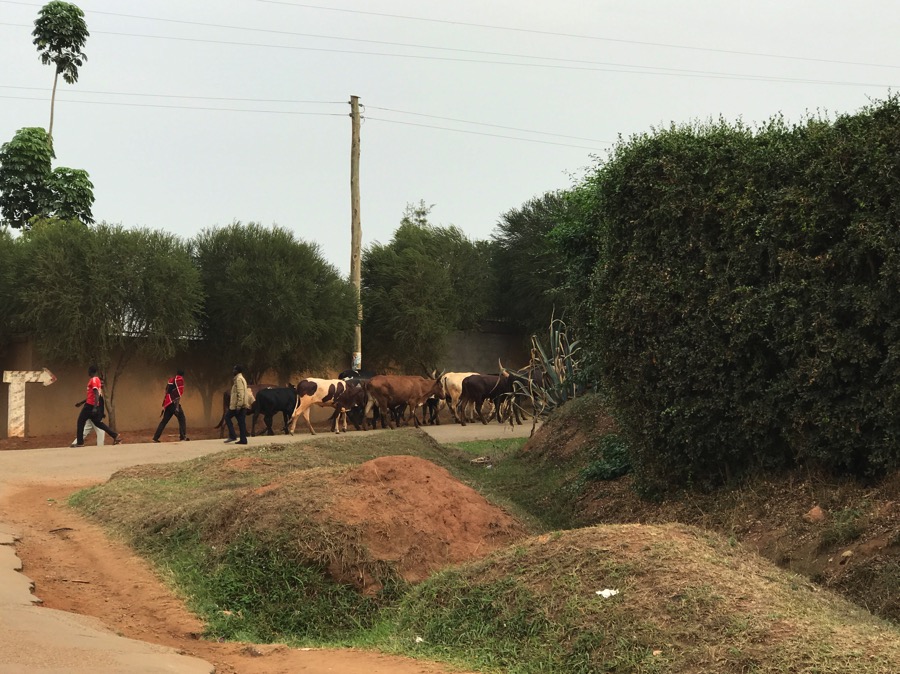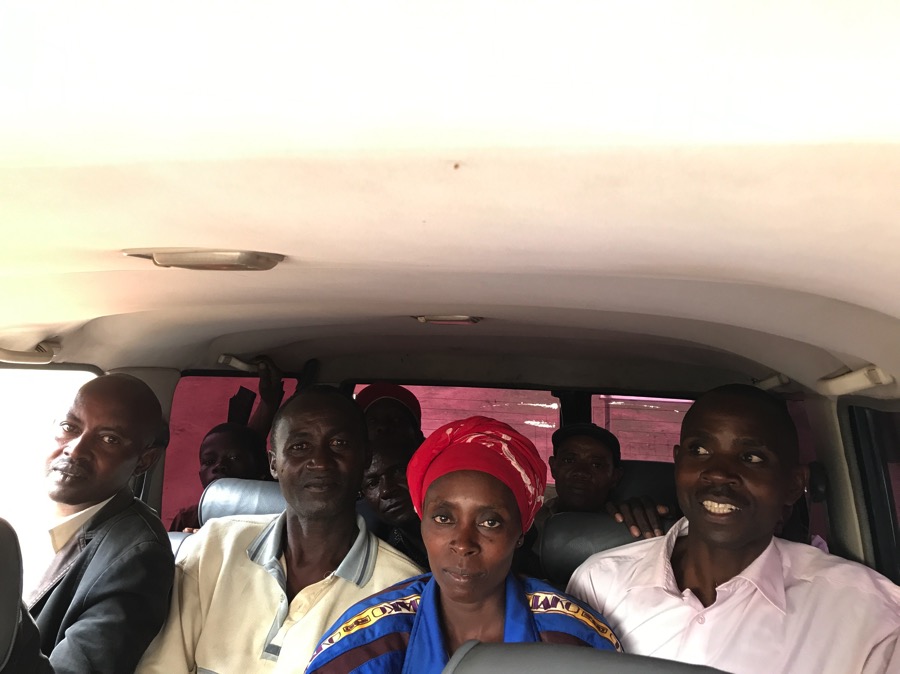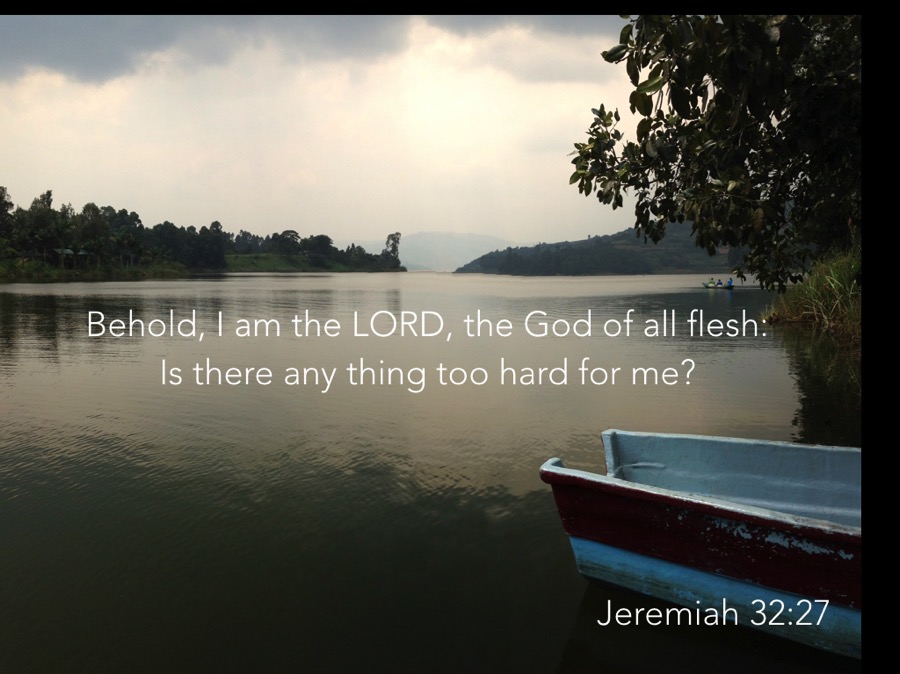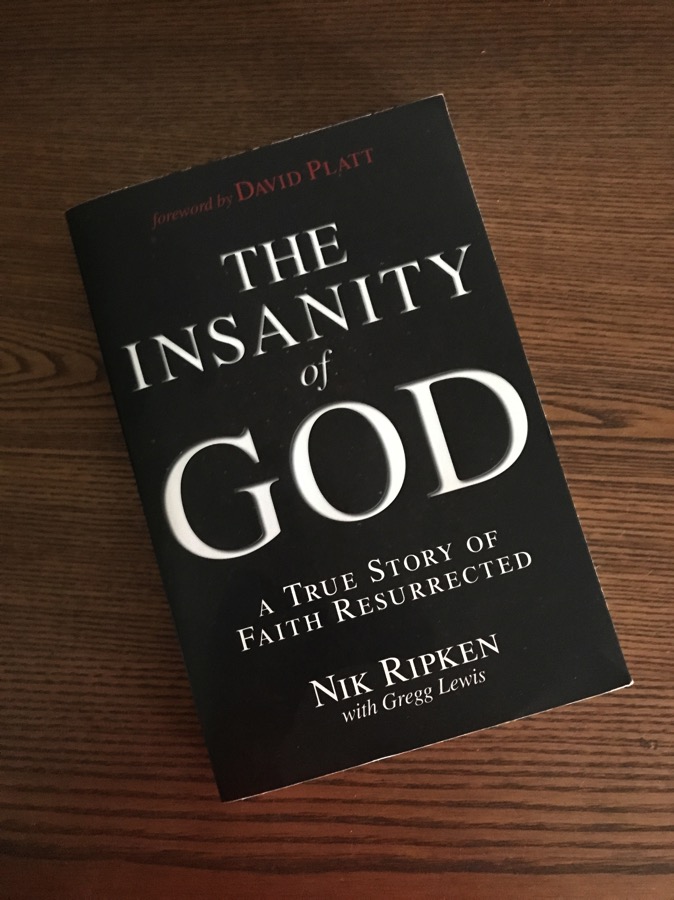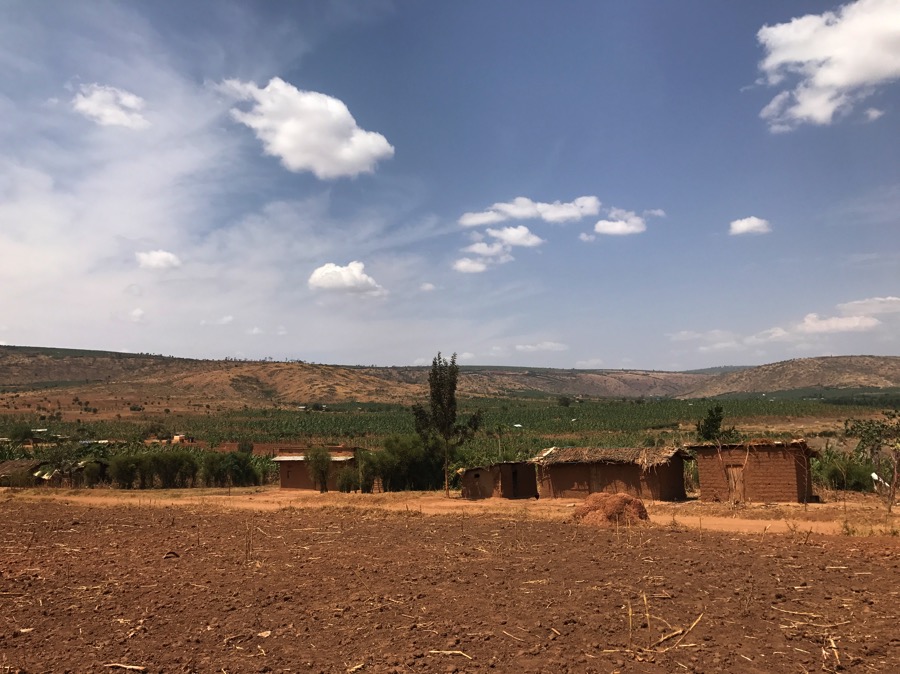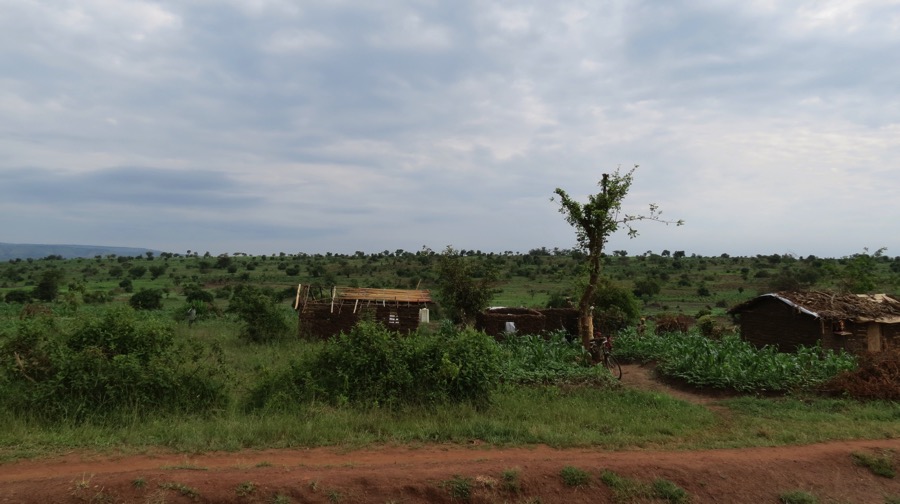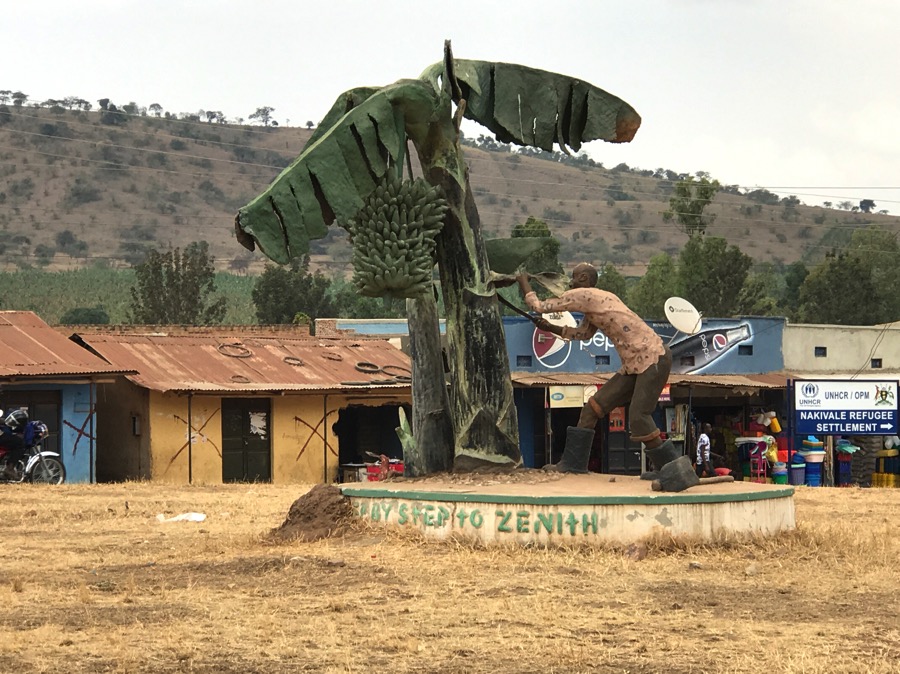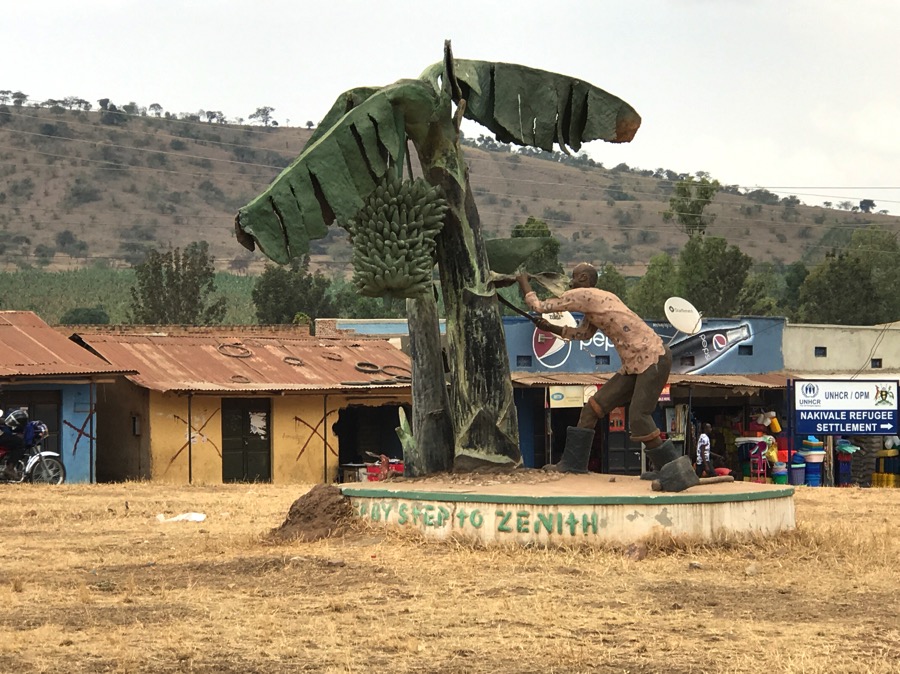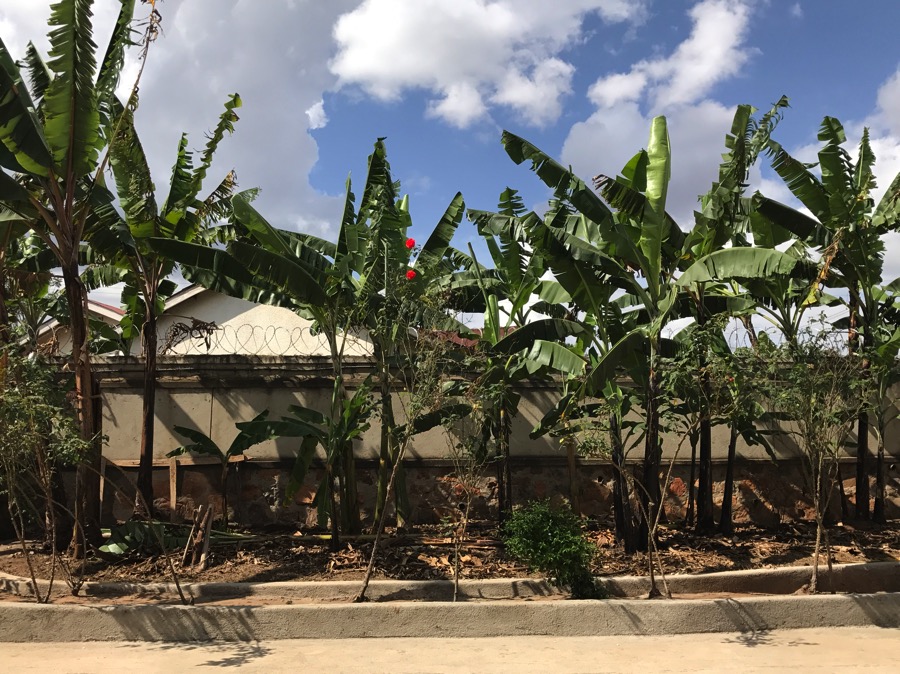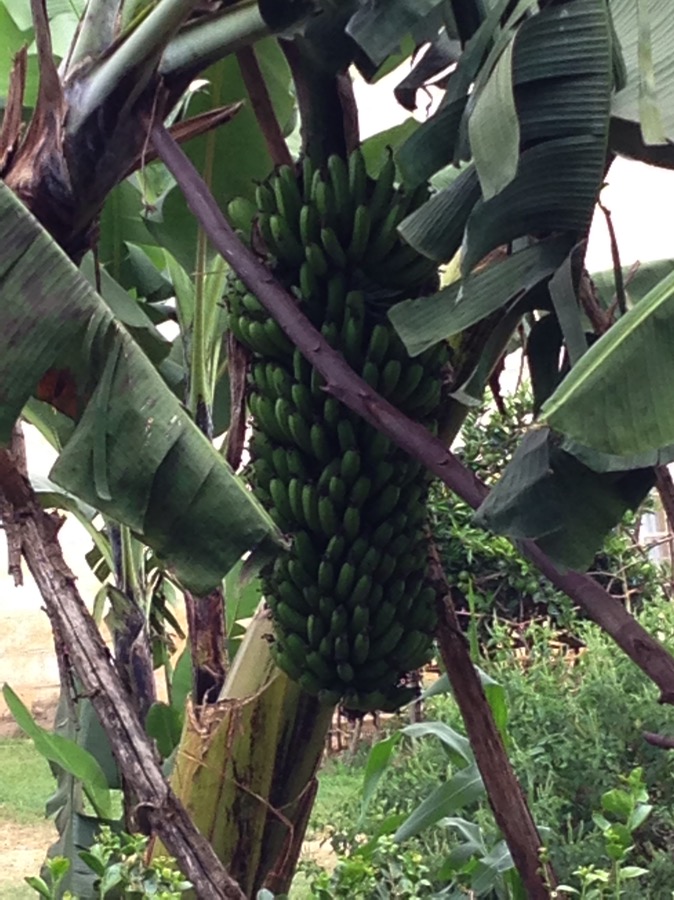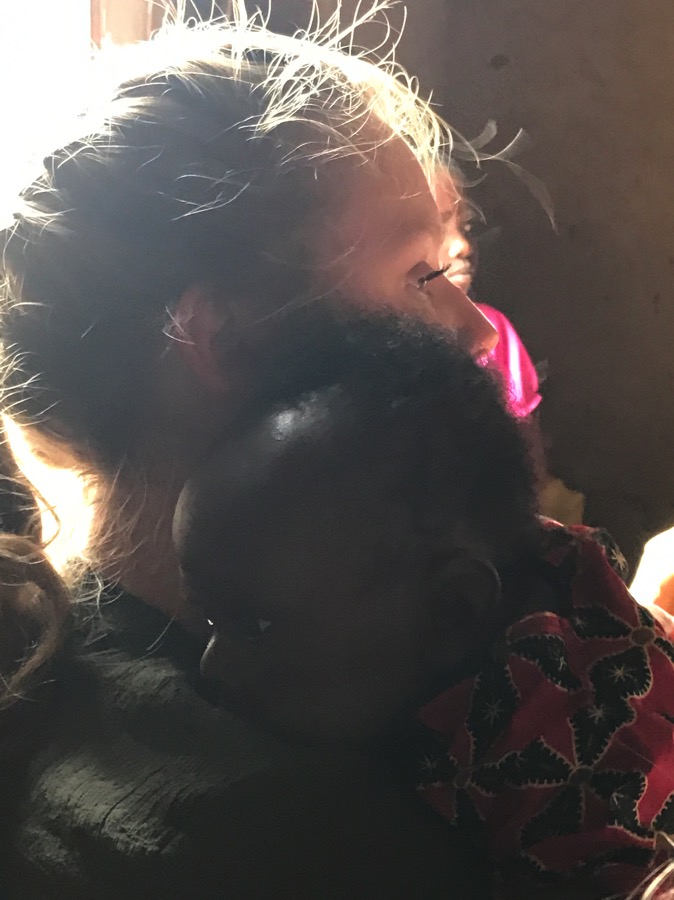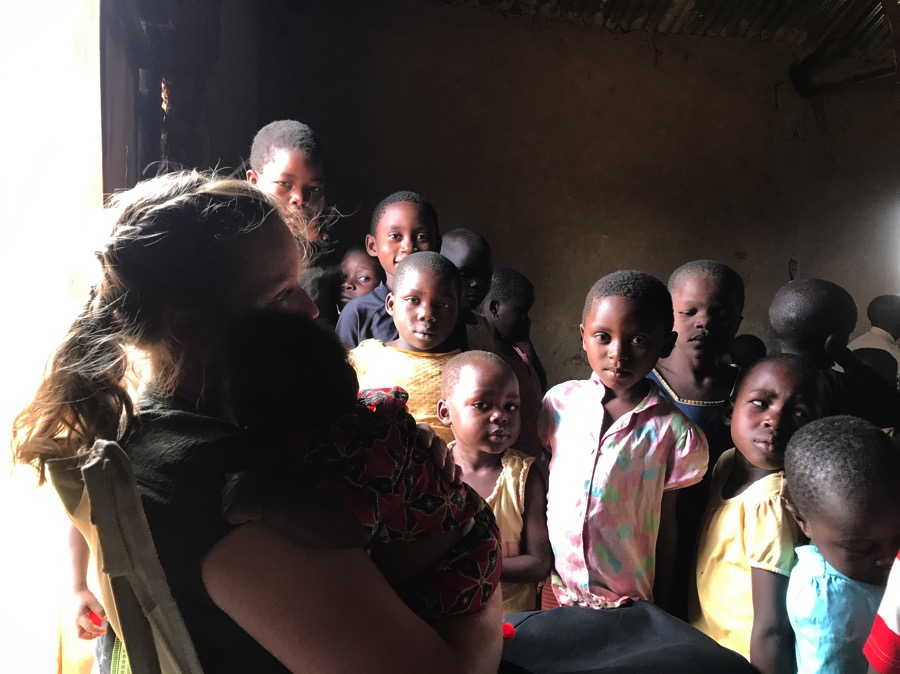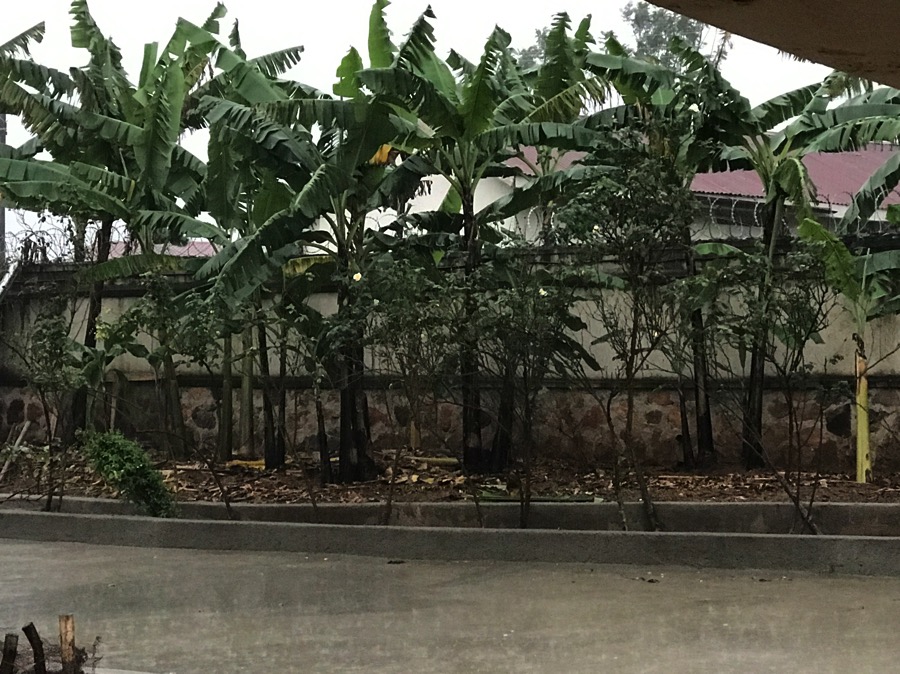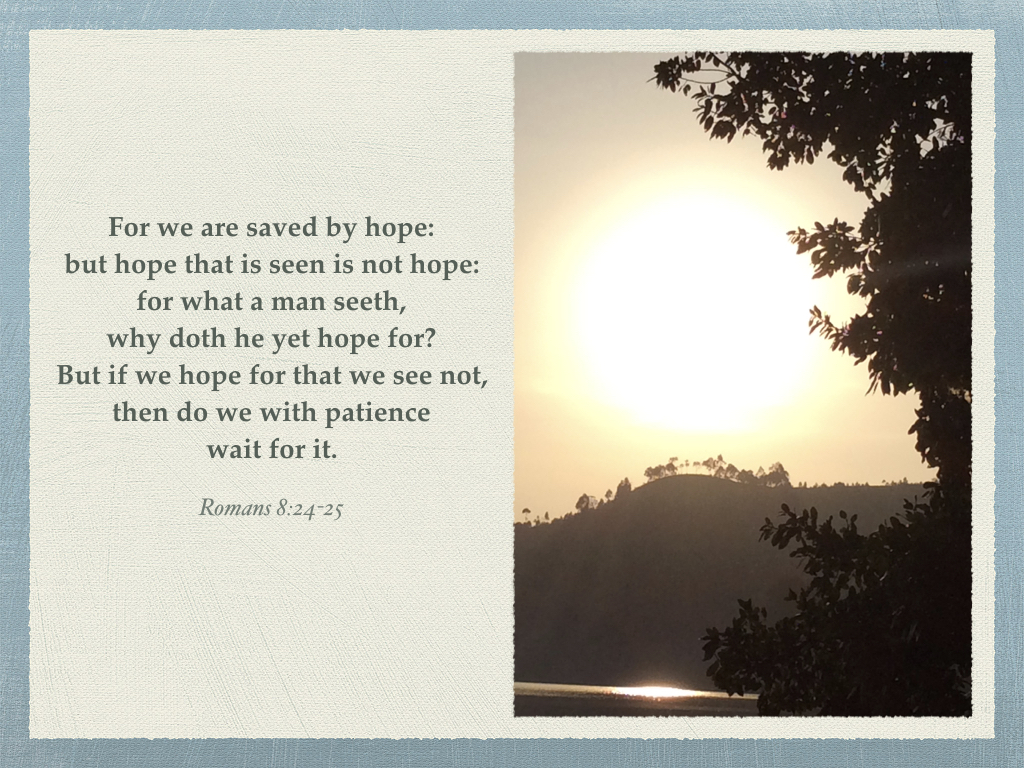
A few days ago, I posted about God loving to do the Impossible.
But what about times when it seems like He doesn’t? We’ve all had times when we asked God for something and, for whatever reason, got no answer. Even worse, sometimes He gave us exactly the opposite of what we asked for. How could a loving God do that, even when we’ve obeyed Him, we’ve asked of Him, we’ve expected His answer?
It’s easy to get bitter when we ask and don’t receive. We doubt God. We wonder if He hears. I’ve even heard people question His very existence. Sometimes the lack of an answer doesn’t make sense.
Or doesn’t it?
There are several reasons I see from the Bible for God not doing the Impossible thing that we ask of Him.
1. The curse of sin reigns in the world today.
Romans 8:18-22 talks about the creation groaning under the weight of sin’s curse. This is why bad things happen: earthquakes, floods, hurricanes, tornadoes, sickness that leads to death. This is why bad things happen to good people. Entropy is working all around us because of our choice to sin. One day, there will be a new heaven and new earth and we will be delivered from this bondage of corruption.
Romans 8: 23-30 reminds us that God uses these things to make us more like Jesus. That was His goal all along. Could He have stopped the bad things from happening? Yes! Does He? Not always.
Even when we don’t know how to pray, the Holy Spirit makes intercession for us according to the will of God.
2. God will not go against man’s free will.
You might ask, “Why didn’t God stop that person from doing that horrible thing?”
Can God stop someone from doing something? Yes. Does He? Not insofar as it violates man’s free will.
You see, God made us in His image. Along with that came the ability to choose. In the beginning, Adam chose sin. So each of Adam’s descendants today also choose sin. But that free will is the very thing that distinguishes us from the rest of God’s creation and God does not violate it. Consequently, wicked people choose to do wicked things and God doesn’t stop them. He gives them a choice to stop themselves. Many innocent people are harmed. It’s painful and unjust.
This doesn’t mean God doesn’t care. He simply will not force people to obey him. The minute He forced us, our free will, our obedience out of a desire to show our love for God, our desire to please and worship Him, would also become meaningless. We’d turn into a bunch of robots, automatons that He controls.
3. “No” is still an answer.
In II Corinthians, Paul shares how he asked God three times for something and three times God said “no.” Paul had an advantage over the rest of us who’ve ever had God tell them “no” — God told Paul why He answered that way:
“And he said unto me, My grace is sufficient for thee: for my strength is made perfect in weakness…” (II Corinthians 12:9)
Unlike Paul, God never tells us why He says “no,” though sometimes He gives us a glimpse later on. We might not understand, but we must trust and allow His grace and strength to be sufficient.
4. Eternal God sees all of time and waits to give us what is best for us.
It’s so hard to be patient and wait for God to work in situations, especially situations that we view as time sensitive. God is not bound by time. He does things when it is the right time for them to happen so He can bless us, show mercy to us, and be gracious to us.
Isaiah 30:18 says, “And therefore will the LORD wait, that he may be gracious unto you, and therefore will he be exalted, that he may have mercy upon you: for the LORD is a God of judgment: blessed are all they that wait for him.”
God waits so He can give us His very best and receive all the glory for it.
To sum up: Expect God to do the impossible. If He doesn’t, don’t despair. Wait on Him with patient hope, knowing He can see the big picture and is acting accordingly, even if it feels like he isn’t.
